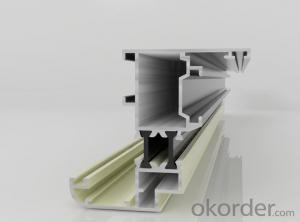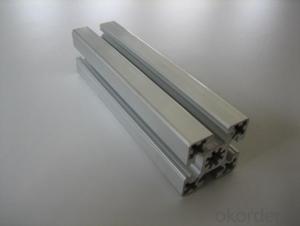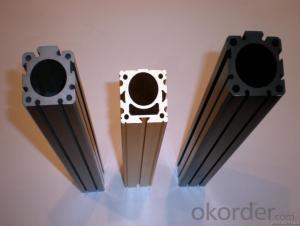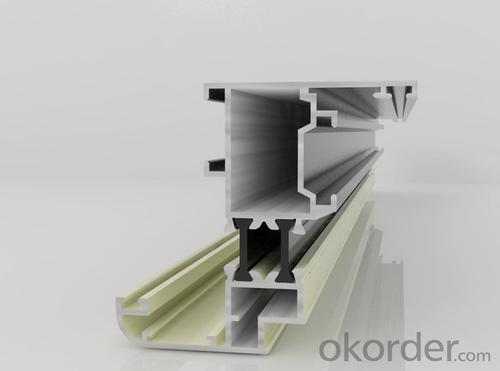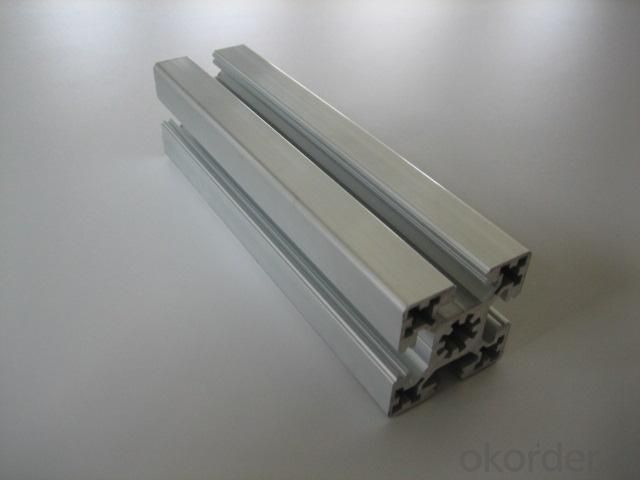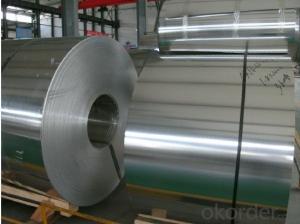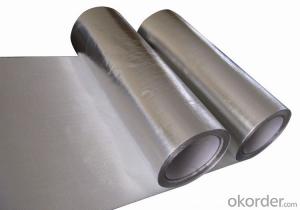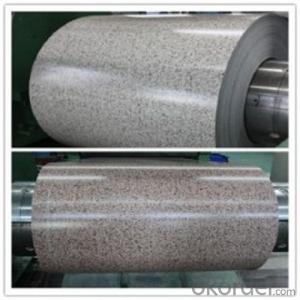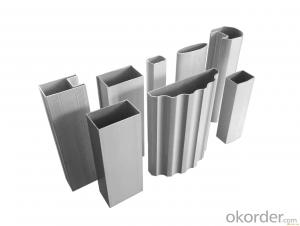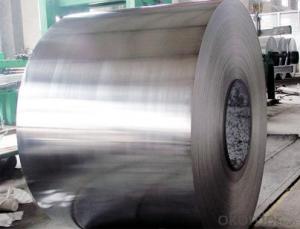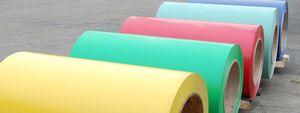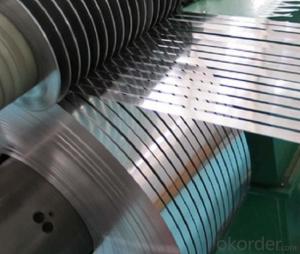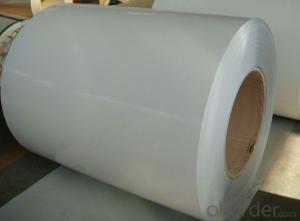Customized Coated Aluminum Coil for Aluminium Alloy Profile for Window and Door in China
- Loading Port:
- Shanghai
- Payment Terms:
- TT OR LC
- Min Order Qty:
- 20 m.t.
- Supply Capability:
- 2000 m.t./month
OKorder Service Pledge
OKorder Financial Service
You Might Also Like
1.Structure of Aluminium Alloy Profile for Window and Door Description:
Aluminium Alloy Profile for Window and Door(also spelled anodising, particularly in the UK and Australia) is an electrolytic passivation process used to increase the thickness of the natural oxide layer on the surface of metal parts. Anodized aluminium surfaces, for example, are harder than aluminium but have low to moderate wear resistance that can be improved with increasing thickness or by applying suitable sealing substances.
2.Main Features of the Aluminium Alloy Profile for Window and Door:
High corrosion-resistance;
weather-resistance;
heat-resistance;
alkali-resistance and impact-resistance properties.
3.Aluminium Alloy Profile for Window and Door Images:
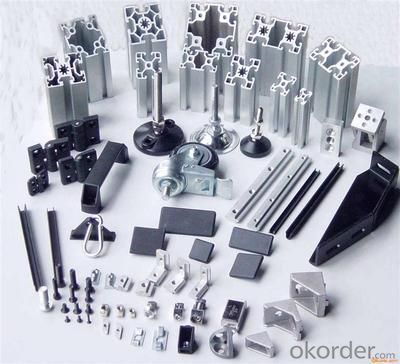
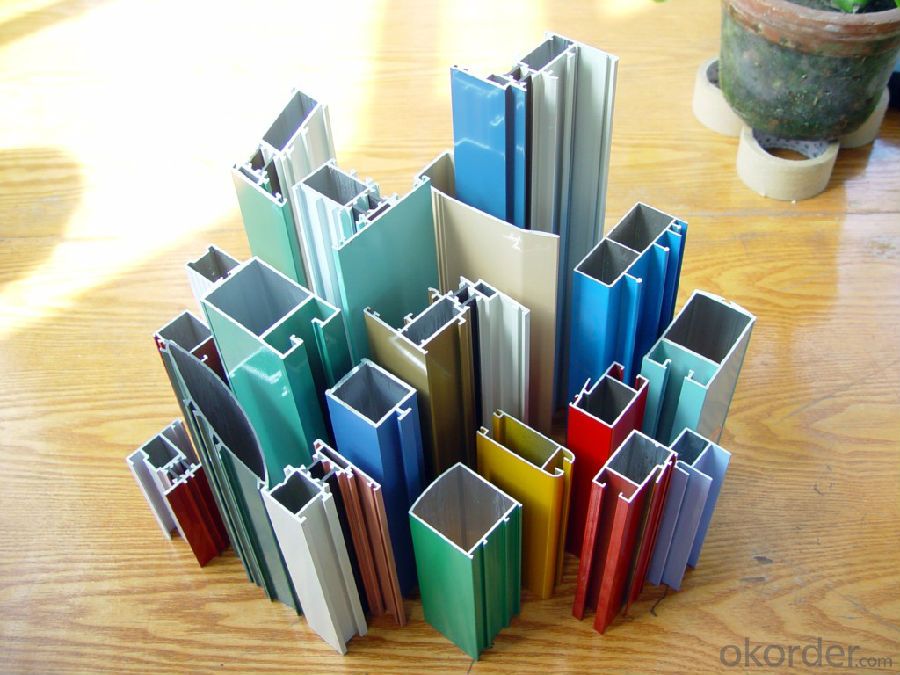
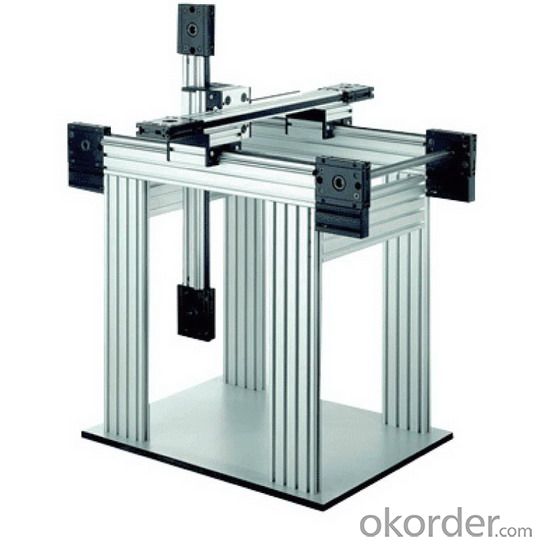
4.Aluminium Alloy Profile for Window and Door Specification:
1. Material: 6063,6061,6060,6005,6005A,etc.
2. Temper: T5 or T6
3. Finish: Mill finish, anodizing, powder coating, electrophoresis, wooden transfer or pvdf/carbon-flouride coated, polishing, brushing, sand blasting
4. Various colors: Silver, bronze, black, gold, blue, grey, champagne, bright, etc.
5. Machining: Cutting, punching, drilling, tapping, milling, bending, welding, CNC etc.
5.FAQ:
①How about your company?
A world class manufacturer & supplier of castings forging in carbon steel and alloy steel,is one of the large-scale professional investment casting production bases in China, consisting of both casting foundry forging and machining factory. Annually more than 8000 tons Precision casting and forging parts are exported to markets in Europe, America and Japan. OEM casting and forging service available according to customer’s requirements.
②How to guarantee the quality of the products?
We have established the international advanced quality management system,every link from raw material to final product we have strict quality test;We resolutely put an end to unqualified products flowing into the market. At the same time, we will provide necessary follow-up service assurance.
- Q: Aluminum extrusions are bars made with hollow cavities that allow each to be joined easily, using special connectors. The primary difficulty when painting aluminum extrusions centers on the fact that they are nonporous and durable. Each of these traits creates a complication of its own.
- Your question supposes that you need to Paint the Aluminum Extrusion. The more common thing to do is to Anodize the extrusion. This process coats all surfaces with a hard durable coating. There are several colors available. Actually It's common to use Urethane's to paint Aluminum and the primer isn't simply made for metal, but is specifically for Aluminum. A lot of Airplanes are coated every day in this manner. Methods for coating the insides of tubing have been used for a very long time. You basically fill the tube with primer or coating then drain the excess out (dip method) and difficult shapes can be powder coated or electro static coated. Extrusions can be roller coated after cleaning, vinyls work very well with out priming. Think Toothpaste tubes.
- Q: What are the proper storage methods for keeping aluminum coil in good condition?
- <p>To store aluminum coil properly, ensure a clean, dry, and well-ventilated environment. Keep the coil away from moisture and direct sunlight to prevent oxidation and discoloration. Store coils horizontally on wooden pallets or racks to avoid deformation. Maintain a consistent temperature and avoid extreme fluctuations. Use protective coverings or wrapping to shield the coil from dust and contaminants. Regularly inspect the coils for any signs of damage or corrosion and address any issues promptly.</p>
- Q: so i've been using natural deodorants that don't have aluminum, but they only work for a little while. i've heard that aluminum may cause Alzheimer's, and i have a history of Alzheimer's. do you know of any web sights that can confirm/deny this? or if you know of any deodorants that work really well that don't have aluminum! this is really getting annoying
- yes it can cause cancer try Tom's of Maine it's natural
- Q: Are aluminum coils compatible with different welding methods?
- Yes, aluminum coils are compatible with different welding methods such as MIG (Metal Inert Gas) welding, TIG (Tungsten Inert Gas) welding, and even resistance spot welding. These methods can be used to join aluminum coils effectively and efficiently.
- Q: What is an aluminum coil and what is it used for?
- An aluminum coil is a long, flat, and thin sheet of aluminum that is rolled up into a coil shape. It is typically made from high-quality aluminum alloys that are durable, lightweight, and corrosion-resistant. Aluminum coils have a wide range of applications across various industries. One of the most common uses is in the manufacturing of aluminum products, such as cans, containers, and packaging materials. The flexibility and malleability of aluminum coils make them ideal for shaping into different forms and sizes. Additionally, aluminum coils are extensively used in the construction industry for various purposes. They are commonly used for roofing, siding, gutters, and other exterior applications due to their ability to withstand harsh weather conditions and resist corrosion. The lightweight nature of aluminum coils makes them easier to handle and install, reducing labor and transportation costs. Moreover, aluminum coils are also used in heating, ventilation, and air conditioning (HVAC) systems. They are utilized in the production of condenser and evaporator coils, which are crucial components for controlling temperature and humidity in residential, commercial, and industrial buildings. In summary, an aluminum coil is a versatile and valuable material that finds widespread use in numerous industries. Its lightweight, corrosion-resistant, and malleable properties make it an excellent choice for manufacturing aluminum products, as well as for construction and HVAC applications.
- Q: What are the different packaging weights available for aluminum coils?
- The available packaging weights for aluminum coils vary depending on specific requirements and applications. Aluminum coils can be packaged in a range of weights, typically measured in pounds or kilograms. The specific packaging weight depends on factors such as coil size, thickness, and the quantity needed by the customer or industry standards. For larger industrial applications, common packaging weights for aluminum coils can range from as low as 500 pounds (or 227 kilograms) to several thousand pounds (or several metric tons). These weights guarantee secure and efficient transportation and storage, as well as easy handling and loading. It is worth mentioning that the packaging weight of aluminum coils can be customized to meet specific needs. Manufacturers and suppliers often collaborate closely with customers to determine the most suitable packaging weight based on transportation requirements, storage space limitations, and industry regulations. In conclusion, the packaging weights for aluminum coils are flexible and can be personalized to meet individual needs, ensuring safe and convenient handling while satisfying the demands of different industries.
- Q: Can aluminum coils be anodized?
- Yes, aluminum coils can be anodized. Anodizing is an electrochemical process that enhances the natural oxide layer on the surface of aluminum, making it thicker, more durable, and resistant to corrosion. This process is commonly used for aluminum sheets, plates, and coils. Anodizing can be performed on both flat and formed aluminum coils, providing them with a range of attractive colors and finishes. The anodized coating also improves the aluminum's ability to accept paint and adhesives, making it a popular choice for various applications such as architectural cladding, automotive trim, and electronic components.
- Q: Can aluminum coils be recycled multiple times?
- Aluminum coils possess the remarkable ability to be recycled numerous times. This is due to the fact that aluminum is an exceptionally recyclable substance, and its quality remains unaltered throughout the recycling process. As a result, aluminum coils can be melted and reshaped into fresh coils on multiple occasions, without experiencing any deterioration in their performance or characteristics. The act of recycling aluminum not only aids in the preservation of natural resources, but it also conserves a significant amount of energy compared to the production of new aluminum using raw materials. Consequently, opting for aluminum coils is a sustainable and eco-friendly decision, as they can be recycled multiple times.
- Q: Aluminum coil thickness measurement, real-time measurement of aluminum coil thickness value, you can use displacement sensor?
- You should use the eddy current displacement sensor KD2306 if the object is aluminum,
- Q: Can aluminum coils be used for nameplates and labels?
- Indeed, nameplates and labels can utilize aluminum coils. Aluminum, being a versatile material, presents numerous benefits in this regard. Notably, its lightweight nature coupled with its durability renders it suitable for diverse applications. Furthermore, aluminum boasts exceptional resistance to corrosion, making it an excellent choice for outdoor usage or environments with high humidity levels. Moreover, aluminum lends itself easily to stamping, embossing, or engraving, thereby facilitating the creation of intricate designs and detailed text. Additionally, it is feasible to apply coatings or anodize aluminum coils to augment their visual appeal or provide added protection. All in all, aluminum coils offer a dependable and cost-efficient solution for nameplates and labels.
Send your message to us
Customized Coated Aluminum Coil for Aluminium Alloy Profile for Window and Door in China
- Loading Port:
- Shanghai
- Payment Terms:
- TT OR LC
- Min Order Qty:
- 20 m.t.
- Supply Capability:
- 2000 m.t./month
OKorder Service Pledge
OKorder Financial Service
Similar products
Hot products
Hot Searches
Related keywords
